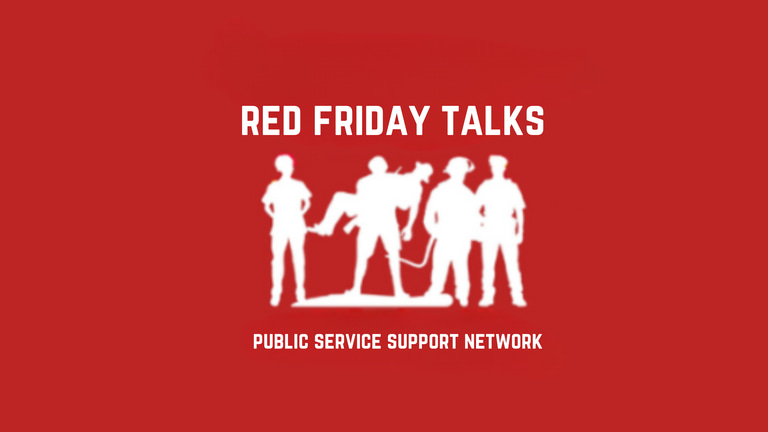The Importance of Mental Health Awareness
Explore the significance of mental health awareness in supporting first responders, veterans, and their families. Learn how to create a supportive environment and provide effective peer support.
his blog post discusses mental health awareness and supporting first responders, veterans, and their families:
Supporting Our Heroes and Their Families: Mental Health Awareness is Essential
First responders, veterans, and their families face enormous challenges daily. Their service and sacrifice require strength and perseverance, but they can also damage their mental health. Awareness of these individuals' particular mental health difficulties is essential to providing effective care and promoting well-being.
The Toll of Service: Understanding the Challenges
* Exposure to Trauma: First responders and veterans may develop PTSD, anxiety, and depression due to traumatic events.
Shift Work and Sleep Disruption: Irregular schedules and disruptions can worsen stress and mood disorders.
Fears of censure and job implications hinder many from seeking mental health treatment.
Impact on Families: First responders and veterans' families may struggle to cope with mental health issues.
Mental Health Awareness Strategies
1. Reduce stigma: Discuss mental health and fight harmful stereotypes that prevent help-seeking. Normalize mental health discussions.
2. Educate and Inform: Provide resources and training on first responder and veteran mental health issues.
3. Promote a supportive environment: encourage help-seeking and prioritize mental health in organizations and families.
The Power of Peer Support
First responders, veterans, and their families benefit greatly from peer support. Programs that share experiences provide:
Understanding and Validation: Peers provide non-judgmental support and validate issues that outsiders may not understand.
Shared Coping Strategies: Peer support reduces isolation from trauma and mental health issues, providing a sense of belonging.
How to get involved
Peer support programs like RED Friday Talks offer accessible training. Promote department or community participation.
Promote mental health resources for first responders, veterans, and their families by advocating for funding and accessibility. Support loved ones: Learn about mental health issues your first responder or veteran family member may experience. Give unconditional support and encouragement to seek treatment.
Call to Action
We can help the mental health of our heroes and their families by raising awareness, decreasing stigma, and developing strong peer support networks. Building resilient communities and supporting our veterans requires our collaboration.
If you want additions, a different tone, or specific resources, let me know!


